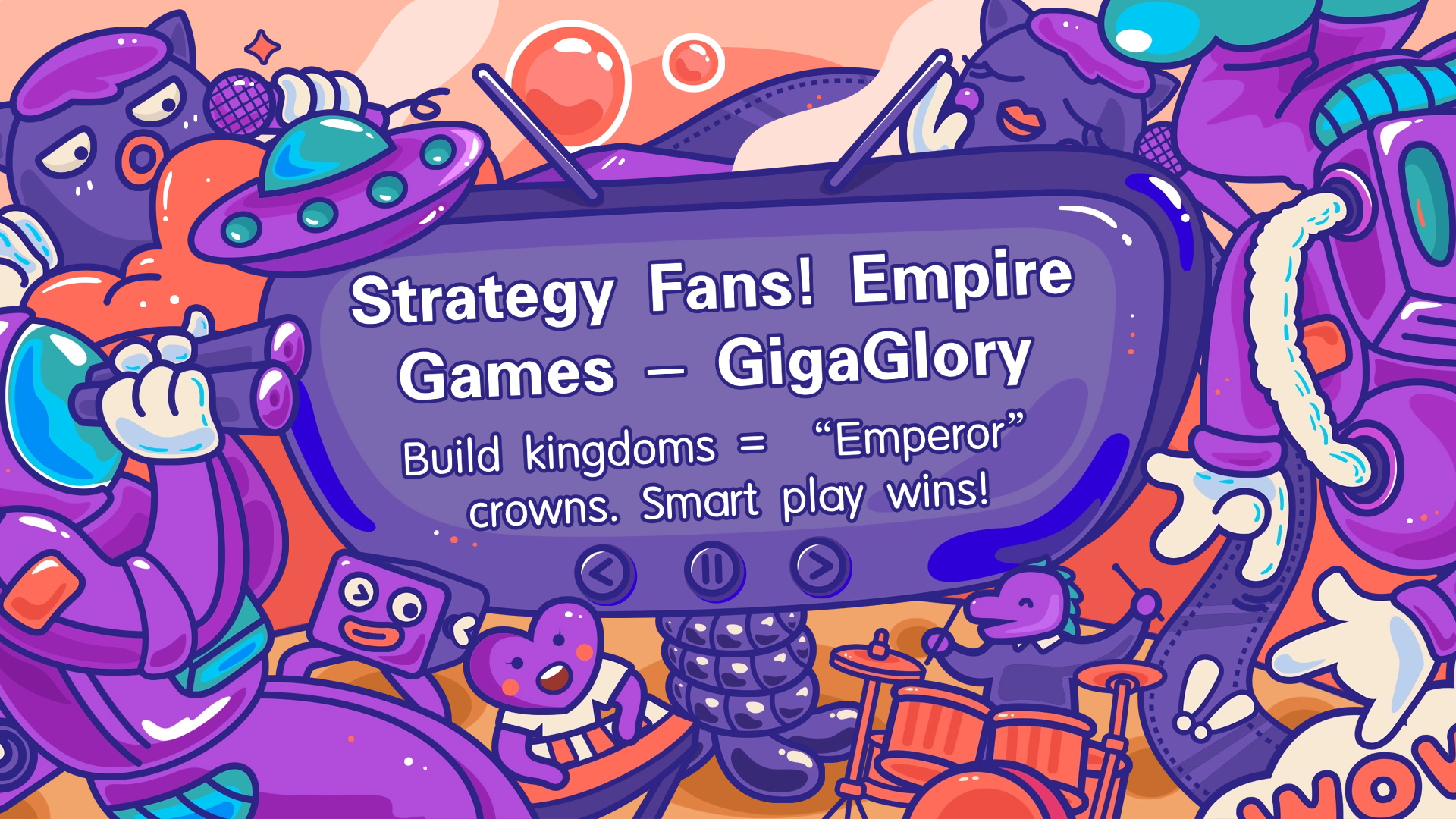Why Browser Games are the Future of PC Gaming: A Deep Dive into Accessibility and Innovation
In recent years, the landscape of PC gaming has evolved remarkably, paving the way for an intriguing shift towards browser games. With remarkable advancements in technology, browser gaming is not just a niche market anymore. It’s becoming increasingly relevant as game developers and players alike embrace its benefits. But why are browser games emerging as the future of PC games? Let's explore key dimensions, including accessibility and innovation that could reshape the gaming experience.
Breaking Down Access Barriers
One of the most significant advantages of browser games is their accessibility. Here are some compelling factors:
- Platform Independence: Unlike traditional PC games that require hefty installations and powerful hardware, browser games can run on practically any device with an internet connection. This means that players can game on their PCs, laptops, or even mobile devices without needing dedicated gaming hardware.
- No Installation Required: With a simple click, anyone can jump right into a game. The process is seamless and eliminates the stress of updates or installations.
- Cost Efficiency: Many browser games are free-to-play, and even those that aren't often come at a much lower cost than their traditional counterparts, offering better value for players.
Innovation Driving the New Wave of Gaming
Browser games are not just about access; they're also about innovation. Developers are leveraging the capabilities of modern browsers to push boundaries:
| Aspect | Traditional PC Games | Browser Games |
|---|---|---|
| Graphics | High-end graphics, requires powerful GPUs | Improved graphics via WebGL and other technologies |
| Gameplay Mechanics | Complex mechanics requiring significant investment | Quick, engaging sessions supported by multiplayer |
| Updates | Periodic updates, which may require downloads | Instant updates with no action required from players |
Community and Social Interaction
Browser games thrive on social interactions. Many games incorporate features that foster a sense of community:
- Multiplayer Features: Players can jump into games with friends or join global communities swiftly. Team-based browser games often rely on collaboration and communication, laying the groundwork for patient friendships.
- Competitive Elements: Tournaments and eSports for browser games are gaining traction, further solidifying their status within the gaming community.
- Regular Updates and Community Feedback: Developers can collectively evolve games based on player feedback, creating a loop that keeps players engaged and invested.
The Rise of Casual Gaming
Casual gaming has taken the world by storm, and browser games perfectly match this trend. Players often seek quick, informal gaming sessions that fit into their busy lifestyles. Here are a few points amplifying this:
- Shorter Play Sessions: Most browser games are designed for quick engagement, allowing players to fit in gaming while waiting for a bus or during a coffee break.
- Easy to Learn: Many of these games have straightforward mechanics, making them accessible to a wider audience, including non-gamers.
- Personalization: Players can often customize their gaming experiences in a way that suits their taste, enhancing enjoyment.
Impact of EA Sports FC 25 for Console Players
As we touch on titles like EA Sports FC 25 on PS5, it’s notable how console gaming continues to represent a staple in the gaming community. However, it’s essential to recognize how browser games complement the gaming ecosystem:
- They can provide a quick gaming experience while also adding an alternative option for those who may not own next-gen consoles.
- The shift towards cloud gaming and the advent of browser-based platforms means players can experience similar gameplay without the hefty price tag.
Future Trends to Consider
As we look ahead, here are trends that may shape the future of browser games:
- Enhanced Graphics and Performance: As web technologies evolve, expect better performance in browser games that rivals traditional PC games.
- Cross-Platform Play: Increasingly, games will allow players from different platforms to play together seamlessly, breaking down barriers between gaming communities.
- Virtual Reality and Augmented Reality: The potential for AR/VR integration in browser gaming could open new gameplay mechanics and immersion.
Conclusion
In summary, the place of browser games in the future of PC games is undeniably exciting. With their attributes of accessibility and innovation, they cater to a broad audience while embracing community interaction. As technology evolves, we can expect to see browser games continually redefine the consuming habits of players, paving new pathways within the digital gaming universe. Whether you’re a seasoned enthusiast or a casual gamer, the future of gaming is undeniably bright in the browser.



